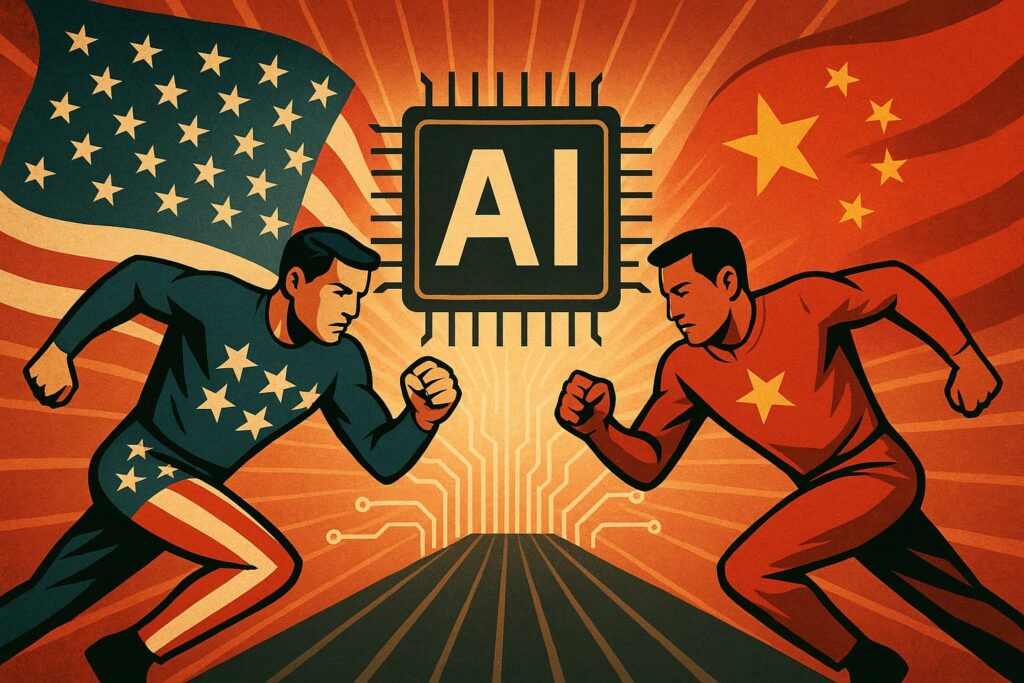Winning the AI race means winning developers in China, says Huang of Nvidia
Huang says the US must lead in AI while engaging China’s vast developer base, warning against a fractured global ecosystem.

Nvidia CEO Jensen Huang said China is ‘nanoseconds’ behind the US in AI and urged Washington to lead by accelerating innovation and courting developers globally. He argued that excluding China would weaken the reach of US technology and risk splintering the ecosystem into incompatible stacks.
Huang’s remarks came amid ongoing export controls that bar Nvidia’s most advanced processors from the Chinese market. He acknowledged national security concerns but cautioned that strict limits can slow the spread of American tools that underpin AI research, deployment, and scaling.
Hardware remains central, Huang said, citing advanced accelerators and data-centre capacity as the substrate for training frontier models. Yet diffusion matters: widespread adoption of US platforms by global developers amplifies influence, reduces fragmentation, and accelerates innovation.
With sales of top-end chips restricted, Huang warned that Chinese firms will continue to innovate on domestic alternatives, increasing the likelihood of parallel systems. He called for policies that enable US leadership while preserving channels to the developer community in China.
Huang framed the objective as keeping America ahead, maintaining the world’s reliance on an American tech stack, and avoiding strategies that would push away half the world’s AI talent.
Would you like to learn more about AI, tech, and digital diplomacy? If so, ask our Diplo chatbot!
